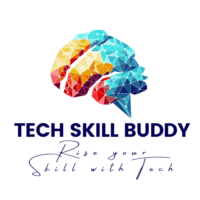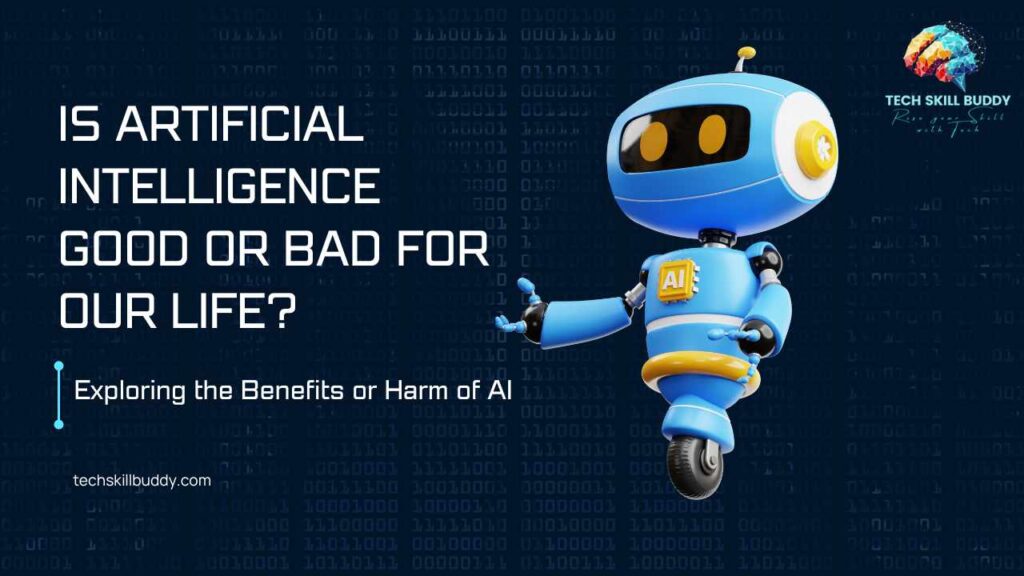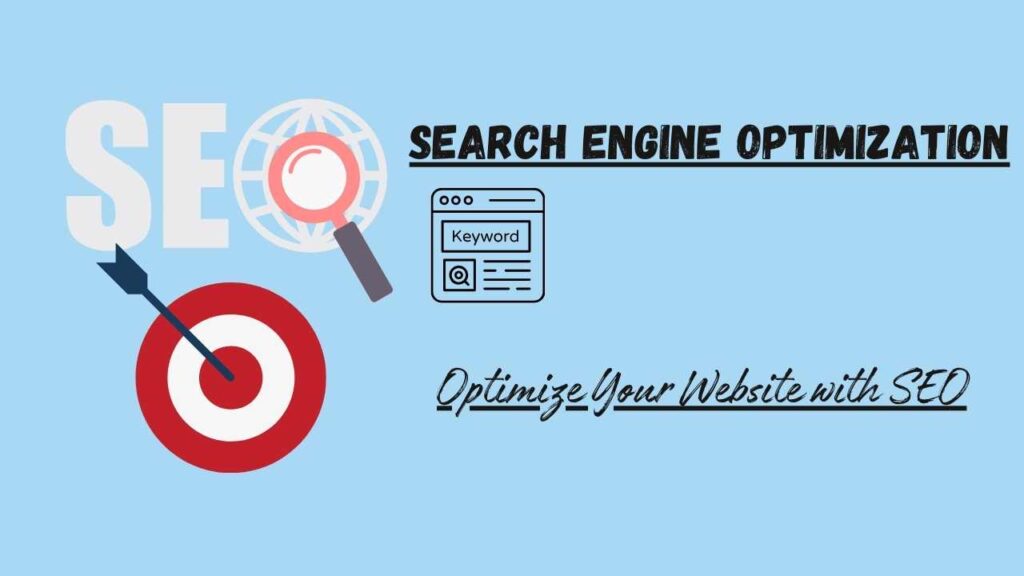The Positive and Negative Impact of AI
The impact of AI on our lives is multifaceted, involving both positive and negative aspects. Here’s a balanced overview:
Positive Impacts of AI
- Healthcare:
- Diagnosis and Treatment: AI systems can analyse medical data to assist in diagnosing diseases and suggesting treatments.
- Personalized Medicine: AI can tailor treatment plans based on individual genetic information.
- Administrative Efficiency: Automating administrative tasks reduces the workload on healthcare professionals, allowing them to focus on patient care.
- Education:
- Personalized Learning: AI can adapt educational content to meet individual student needs, improving learning outcomes.
- Economy and Productivity:
- Automation of Repetitive Tasks: AI can handle repetitive and mundane tasks, freeing up human workers to engage in more complex and creative activities.
- Data Analysis: AI can process large datasets quickly, providing insights that drive better business decisions.
- Safety and Security:
- Fraud Detection: AI systems can detect unusual patterns in financial transactions, helping to prevent fraud.
- Surveillance: AI can enhance security through facial recognition and predictive policing (though this also raises ethical concerns).
- Environmental Benefits:
- Energy Efficiency: AI can optimize energy use in buildings, reducing consumption and costs.
- Climate Change: AI models can predict environmental changes and help in developing strategies to combat climate change.
Negative Impacts of AI
- Job Displacement:
- Automation: Many jobs, especially those involving routine tasks, are at risk of being automated, leading to unemployment and economic disparity.
- Privacy Concerns:
- Surveillance: AI-powered surveillance can lead to privacy invasion and increased government and corporate oversight of individuals.
- Data Security: The vast amount of personal data processed by AI systems can be vulnerable to breaches and misuse.
- Bias and Discrimination:
- Algorithmic Bias: AI systems can perpetuate and even exacerbate biases present in the data they are trained on, leading to unfair outcomes in areas like hiring, law enforcement, and lending.
- Ethical and Moral Concerns:
- Autonomous Weapons: The development of AI in military applications raises ethical questions about the use of autonomous weapons.
- Decision-Making: AI systems making decisions that significantly affect human lives (e.g., in healthcare or criminal justice) pose ethical challenges regarding accountability and transparency.
- Dependency and Control:
- Over-Reliance: Excessive dependence on AI could lead to a loss of essential human skills and critical thinking.
- Control: There are concerns about who controls AI systems and the potential for misuse by those in power.
The Role of Regulation:
Regulation plays a crucial role in managing AI’s impact on society. It is vital for governments and organizations to collaborate in creating frameworks that encourage innovation while protecting public interests. This may involve developing ethical guidelines for AI research, ensuring data privacy, and overseeing the application of AI in sensitive fields like law enforcement and healthcare. By taking proactive steps to address potential risks, we can create an environment where AI technologies improve human life without compromising our core values.
Conclusion:
The reality of AI is multifaceted, presenting both advantages and challenges that deserve careful thought. It has the capacity to transform industries, enhance lives, and spur innovation. However, it also brings significant challenges that need to be managed effectively. By promoting a responsible approach to AI development and engaging in open discussions about its implications, we can chart a course forward, ensuring that AI benefits humanity rather than detracts from it. The key is to embrace the positive aspects of AI while thoughtfully and ethically addressing its risks, shaping a future where technology enriches our lives without undermining our values.



